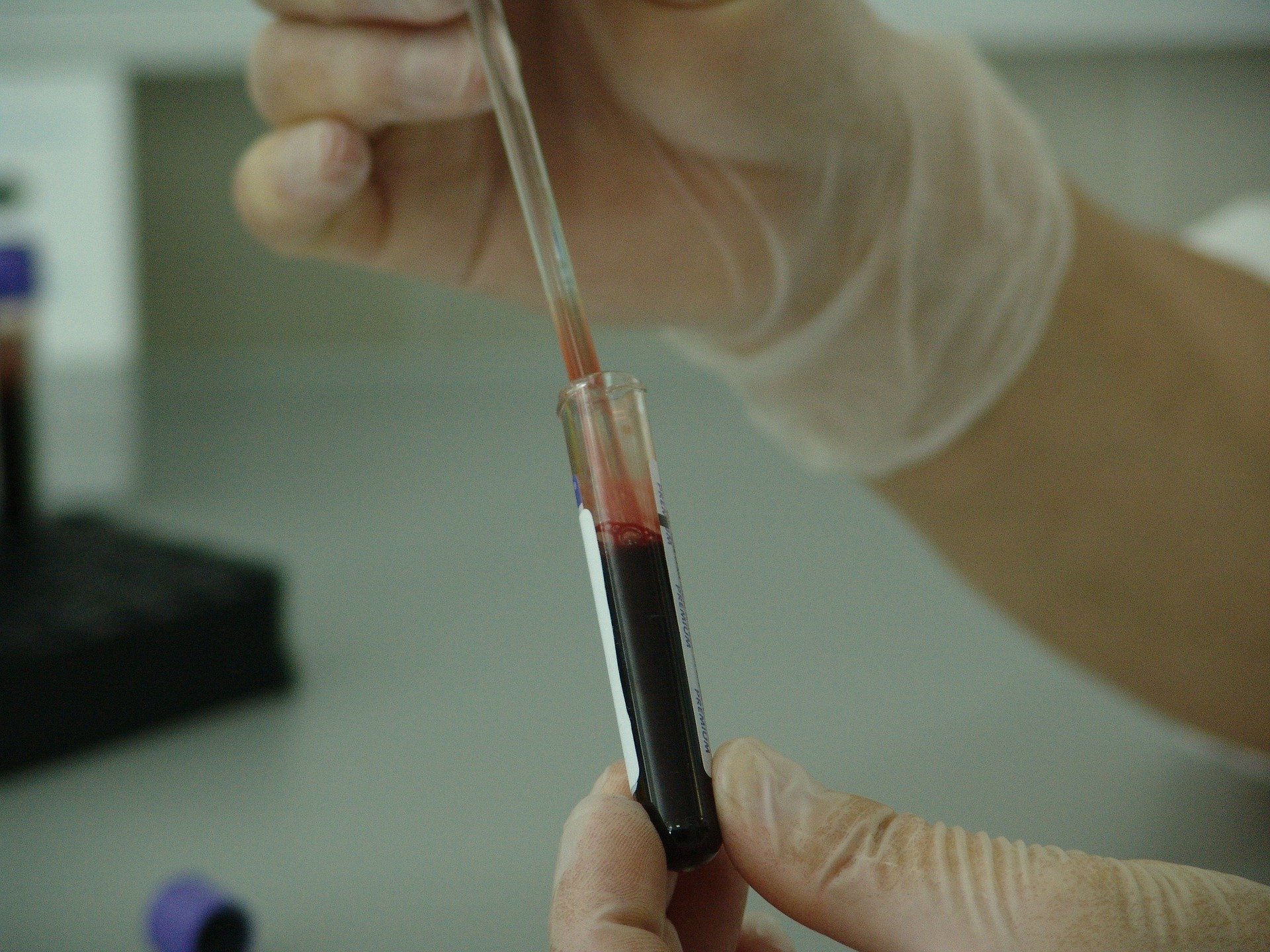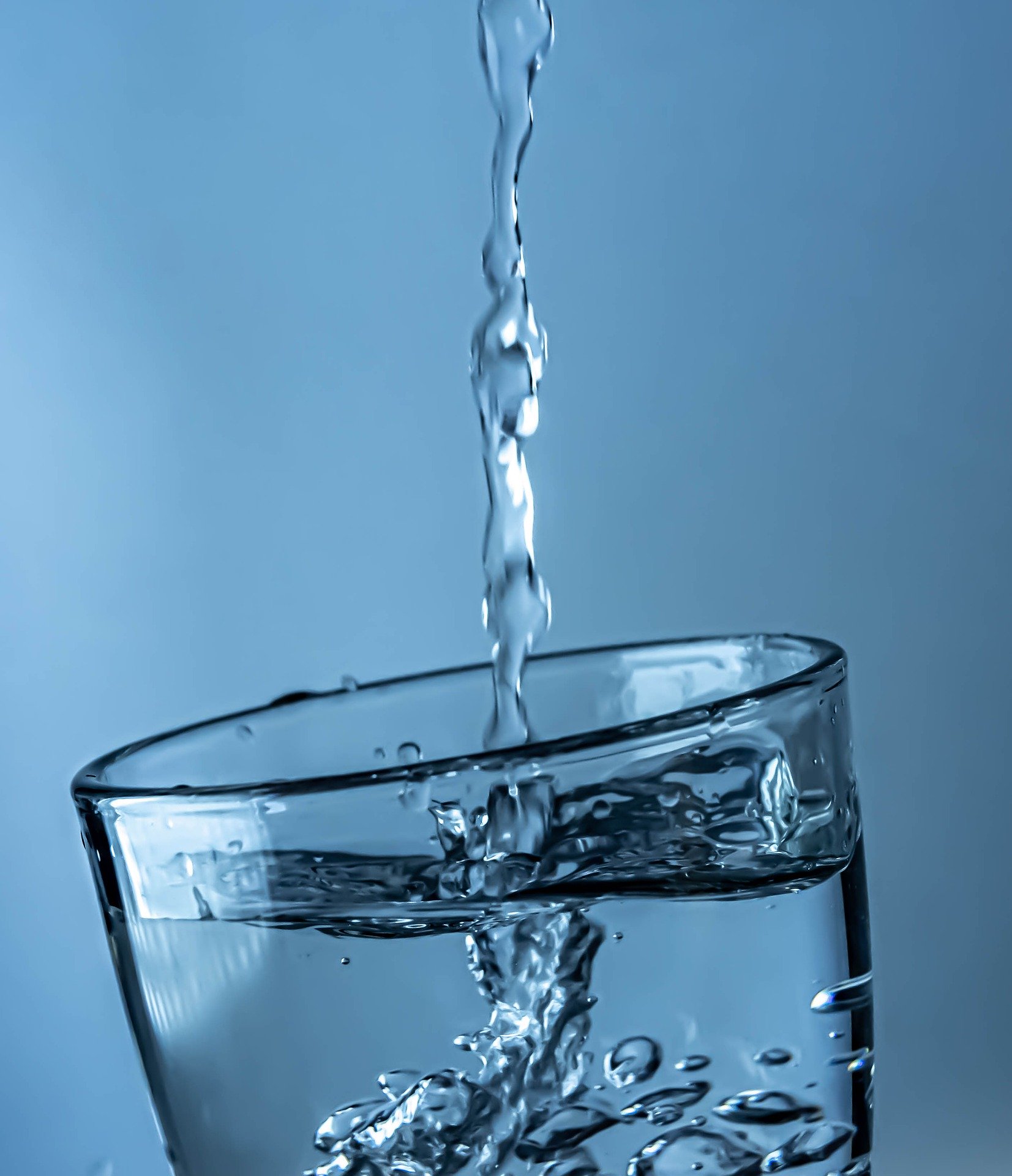You may not recognize the term glyphosate contamination, but it has made headline news lately. More commonly known for its presence in the weed killer Roundup, this chemical has been linked to cancer. Although glyphosate binds tightly to soil, it can break down and seep into water supplies causing concerns about health issues.

Glyphosate Contamination in Our Water Supplies
Glyphosate is a type of herbicide that is frequently sprayed on crops. This widely used weed killing chemical has been also used industrially at office parks, schoolyards, home lawns, and golf courses for years. It is applied as a spray to the leaves of plants to prevent the growth of unwanted grasses and nuisance plants. Roundup is one of the most recognized brands of herbicide known to contain glyphosate, but there are over 750 different weed killers and other products that contain glyphosate on store shelves in the United States.
There is a growing concern that high concentrations of glyphosate contamination have penetrated the soil and entered our water supplies. As the chemicals seep into the earth, they can eventually make their way into water sources, contaminating our water supplies. Once glyphosate has contaminated a water source, it becomes stable and does not degrade or dissipate.
Health Effects of Glyphosate
The health effects of glyphosate are still controversial. Scientific studies and research show mixed findings, making the health concerns related to glyphosate a hotly debated topic. The greatest concern, and the one that has been in the news recently is the link between glyphosate and cancer.

Supporters of this herbicide say that research has not proven any danger and glyphosate contamination does not pose a significant health risk. However, in 2015, after reviewing years of scientific studies, the World Health Organization’s International Agency for Research on Cancer (IARC) has determined that glyphosate is very likely to be carcinogenic to humans.
Other research has shown that there may be a link between glyphosate and endocrine disorders. It may also contribute to liver disease, reproductive problems, and birth defects. Today there are over 2,400 lawsuits underway regarding health issues related to glyphosate.
Testing for Glyphosate
Glyphosate may be found in public water systems as well as private water sources such as personal and community wells. No matter where your water comes from, if you want to be certain that you are not drinking this dangerous herbicide, you need to test your water.
Regular home water testing kits do not typically test for this potential carcinogen. There are some test strips on the market that do test for glyphosate. However, they may not be reliable as they generally only detect extremely high levels of glyphosate. The best option to test for glyphosate is to send a sample to a certified lab for precision analysis.
Make sure that the lab you choose uses a validated or verified liquid chromatography-tandem mass spectrometry (LC-MS/MS) test. This is one of the most reliable methods to test water for the presence of glyphosate.
EPA Limits for Glyphosate
The EPA has set an allowable, enforceable limit for glyphosate in drinking water. The maximum contaminant level (MCL) is 0.7 mg/L or 700 ppb. Based on the scientific data that is currently available the EPA has determined that levels below this do not pose potential health problems.
Removing Glyphosate from Water
If you are concerned about exposure to glyphosate from your water, there are measures you can take to reduce your risks. The best way to remove glyphosate from water is to filter your drinking water. There are a number of filtration systems that are capable of removing pesticide particles. Some purification options include carbon filtration, sand filters, nanofiltration, ozonation, and reverse osmosis. All can help to reduce or eliminate traces of glyphosate that may be in your water.

Water Quality
Glyphosate is only one of the many water contaminants that can put your health in danger. While testing for glyphosate is best done in a lab, there are home testing kits that you can use to test for some of the other common contaminants. TestAssured carries both single tests and testing kits that will show you exactly what is in your water. Don’t take chances with your health; test your water to reduce your exposure to harmful contaminants.
